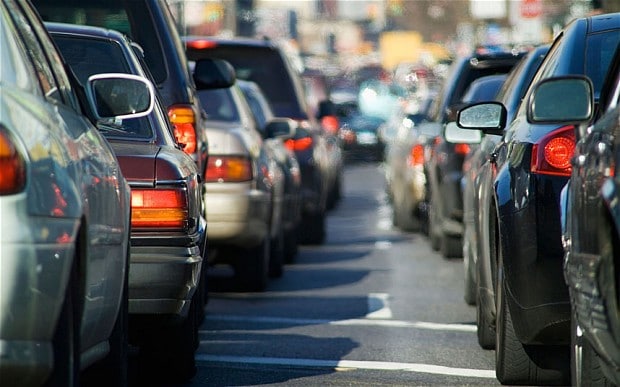
Weekend Plus Desk :
If you thought driving a car on a heavily polluted road may be safe, think twice. According to a new study, car cabins contain extremely high levels of some harmful particulate matter, twice the amount previously thought.
The findings showed the pollution inside the cars contained twice the amount of chemicals that cause oxidative stress, thought to be involved in the development of many diseases including respiratory and heart disease, cancer and some types of neuro-degenerative diseases. “We found that people are likely getting a double whammy of exposure in terms of health during rush-hour commuters,” said Michael Bergin, professor at the Duke University in North Carolina.
The pollutants can cause the body to produce chemicals to deal with the reactive oxygen, while particulate matter also causes the same response. In combination, the exposure triggers an overreaction that can be destructive to healthy cells and DNA, the researchers said, in the paper published in the journal Atmospheric Environment.
To explore what drivers are actually exposed to during rush hour, researchers from strapped specially designed sampling devices – that draws in air at a similar rate to human lungs – into the passenger seats of cars of more than 30 different cars as they completed more than 60 rush hour commutes in downtown Atlanta.
The devices detected up to twice as much particulate matter as the roadside sensors. It is because, “the chemical composition of exhaust changes very quickly, even in the space of just a few feet,” explained Heidi Vreeland, doctoral student at the Duke University. “And morning sun heats the roadways, which causes an updraft that brings more pollution higher into the air,” Vreeland added.
“If these chemicals are as bad for people as many researchers believe, then commuters should seriously be rethinking their driving habits,” Bergin added.

